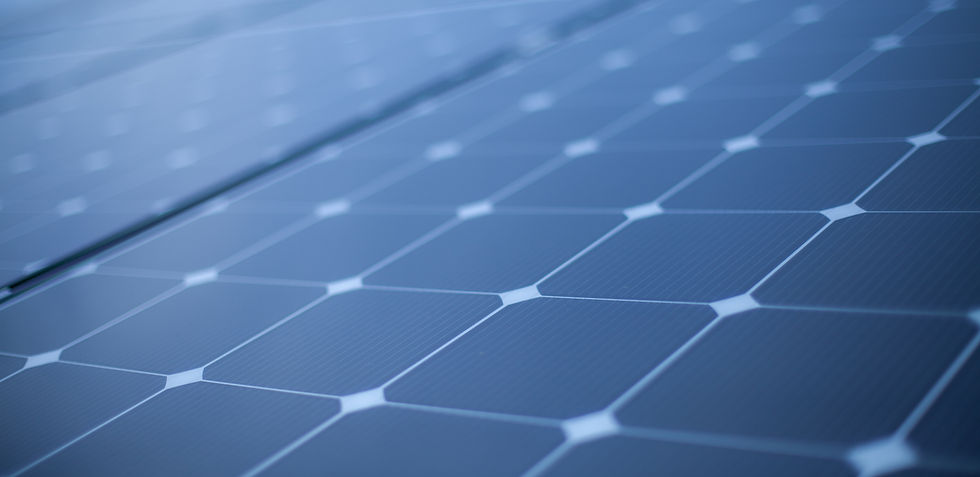In a world where sustainability and self-reliance are becoming increasingly important, the move towards off-grid living has gained significant momentum. Central to this shift is the adoption of solar panels, a key component that enables homeowners and adventurers alike to harness the sun's energy, thereby reducing reliance on traditional power grids. This blog explores the importance of solar panels in off-grid systems and how they are revolutionizing the way we think about energy consumption and independence.

Harnessing the Sun's Unlimited Potential
Solar panels are the heart of any off-grid system. They convert sunlight into electricity without the need for any external power supply. This process, known as photovoltaic (PV) conversion, is a clean, renewable source of energy that can power everything from small gadgets to entire households. The beauty of solar energy lies in its ubiquity and abundance; the sun showers the Earth with more energy in an hour than humanity uses in a year, making it an untapped reservoir of power.
Reducing Carbon Footprint
One of the most compelling reasons to adopt solar panels in an off-grid system is the significant reduction in carbon footprint. Traditional electricity production relies heavily on fossil fuels, which contribute to greenhouse gas emissions and global warming. By contrast, solar energy is clean and sustainable, producing no harmful emissions. Transitioning to solar power not only helps the environment but also aligns with global efforts to combat climate change.
Achieving Energy Independence
For many, the allure of off-grid living is the promise of independence. Solar panels empower individuals and communities by providing them with the means to generate their own electricity. This autonomy liberates them from the vulnerabilities and limitations of centralized power grids, such as power outages, increasing electricity prices, and infrastructure failures. Moreover, energy independence allows for a more sustainable lifestyle, free from the constraints of conventional energy sources.
Cost Savings Over Time
While the initial investment in solar panels and off-grid systems can be significant, the long-term savings are substantial. After the upfront costs of installation, the ongoing expense is minimal. Solar panels have a long lifespan, often exceeding 25 years, and require little maintenance. Over time, the cost of generating solar power becomes a fraction of what one would pay for traditional electricity, not to mention the potential for government incentives and rebates that can offset the initial costs.
Enhancing Off-Grid Capabilities
Solar panels are versatile and scalable, making them ideal for a wide range of off-grid applications. From powering remote homes and cabins to providing electricity for RVs, boats, and tiny homes, solar panels offer a reliable source of power in the most isolated locations. This versatility extends to water heating, cooking, and refrigeration, further enhancing the off-grid experience.
Conclusion

The importance of solar panels in achieving off-grid independence cannot be overstated. As a sustainable, cost-effective, and reliable energy source, solar power stands at the forefront of the off-grid movement. It not only offers a path to energy independence but also aligns with broader environmental goals. For those considering a transition to off-grid living, solar panels are a foundational element, providing the freedom to live sustainably and independently, wherever they choose. As we look to the future, the role of solar energy in off-grid systems will undoubtedly continue to grow, lighting the way towards a more sustainable and self-reliant world.


Comments